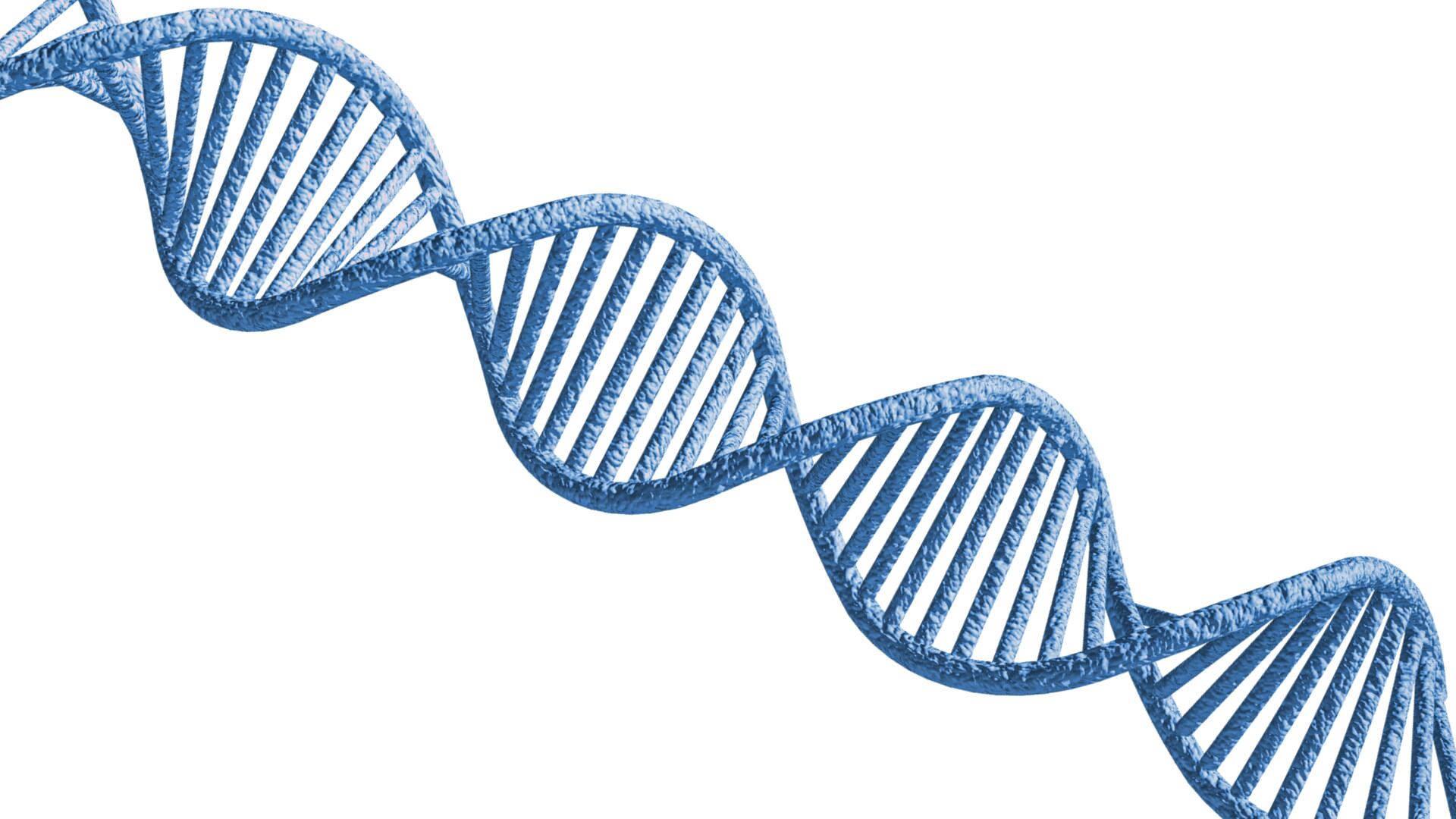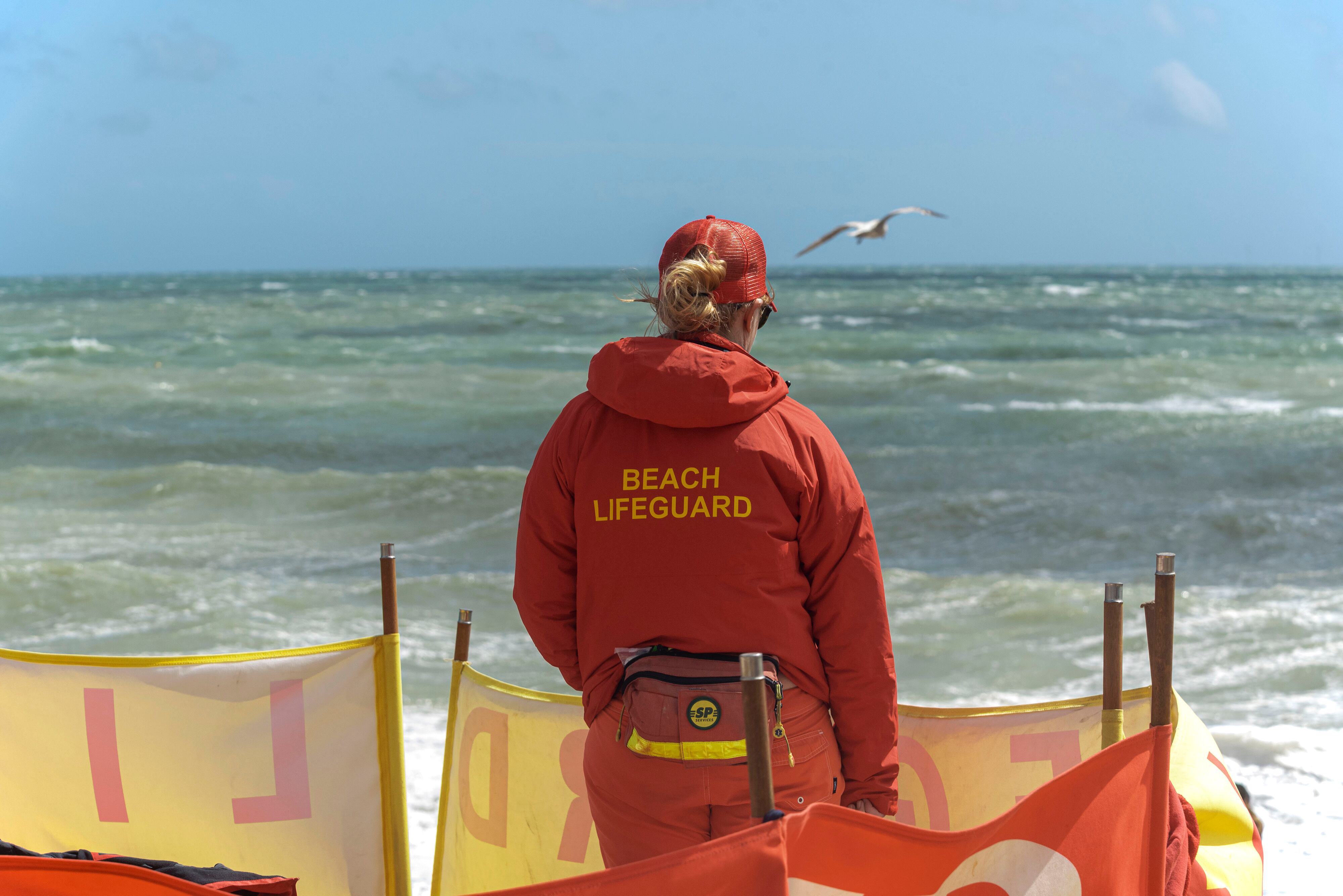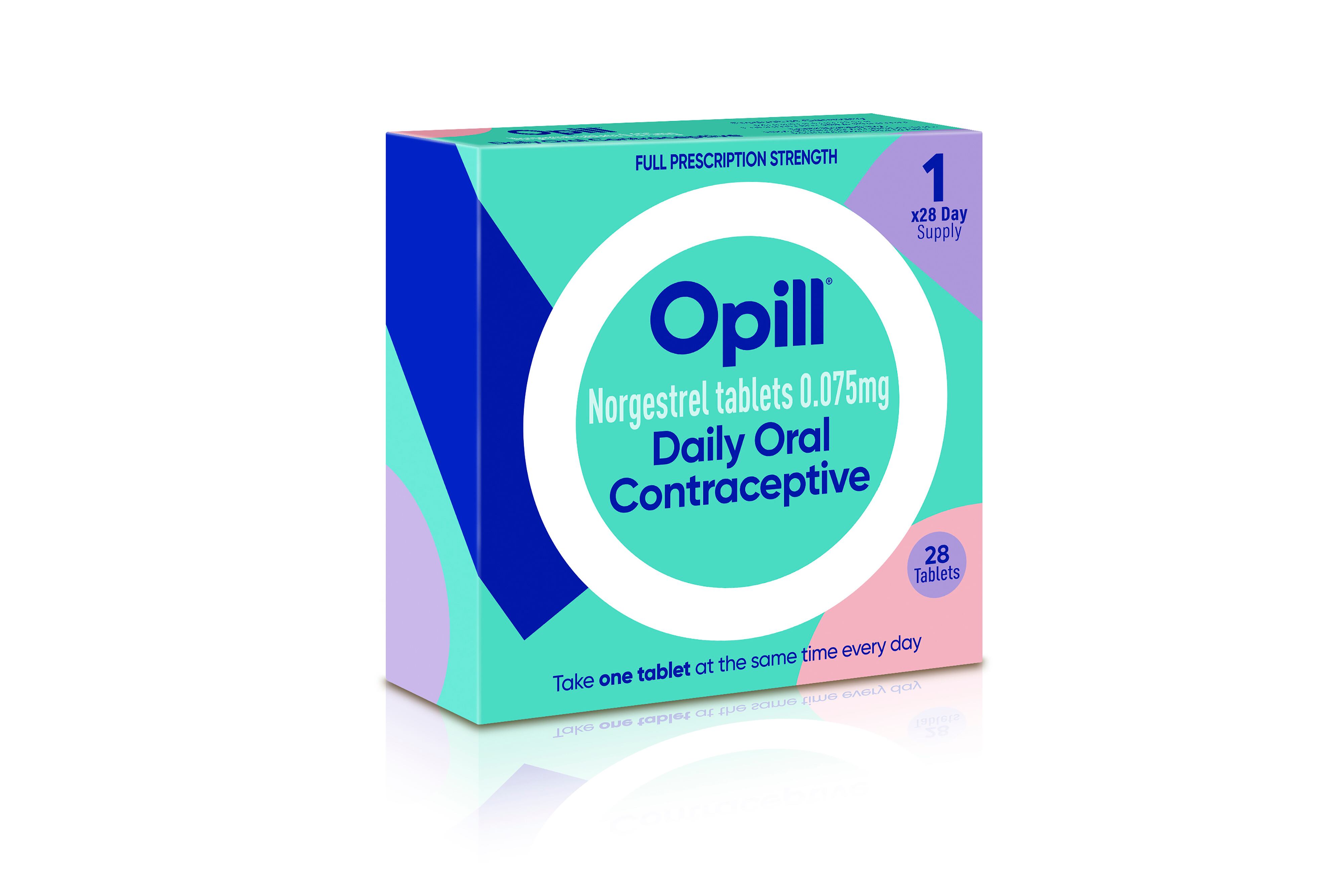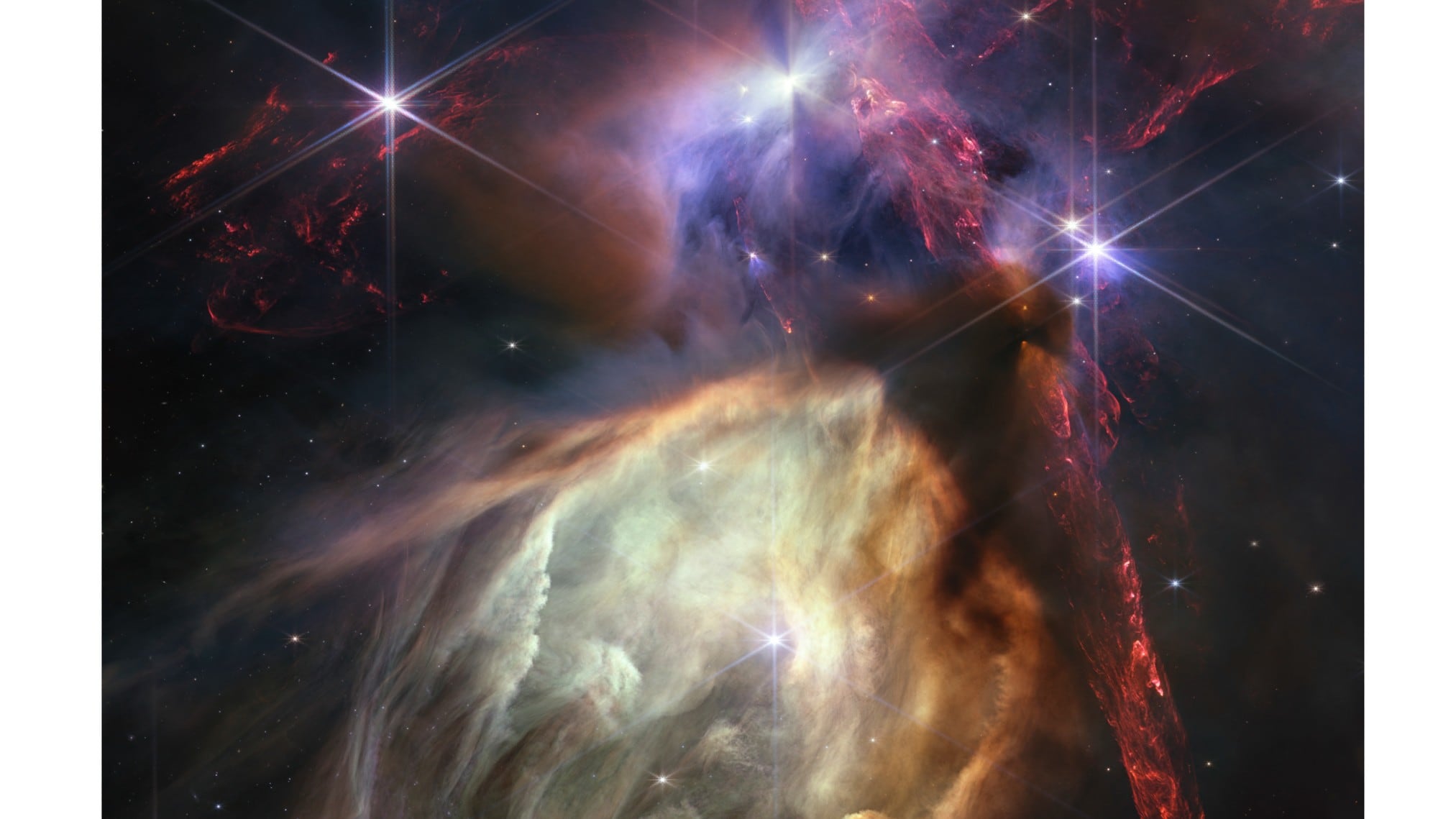This week President Trump signed a directive that will refocus America's space program on human exploration and discovery. Hanneke Weitering, Staff Writer at Space.com, joins Cheddar to discuss whether this decision means more funding from the White House for NASA.
Weitering believes Trump's vision for what NASA can and should do is a little unclear at the moment, but says it won't impact private space exploration companies. She also talks about the Deep Space Gateway, which is supposed to be used as a "rest stop" on the way to the moon!
Plus, she explains what research will be done in the next 5-10 years. NASA would like to look at different energy sources and explore more of the moon's surface.
The World Health Organization's cancer agency has deemed the sweetener aspartame — found in diet soda and countless other foods — as a “possible” cause of cancer, while a separate expert group looking at the same evidence said it still considers the sugar substitute safe in limited quantities.
More than a third of Americans were under extreme heat advisories, watches and warnings Thursday as a blistering heat wave that's been baking the nation spread further into California, forcing residents to seek out air conditioning or find other ways to stay cool in triple-digit temperatures.
Tourists in central Athens huddled under mist machines, and zoo animals in Madrid were fed fruit popsicles and chunks of frozen food, as southern Europeans braced for a heat wave Thursday, with a warning of severe conditions coming from the European Union’s space agency.
A new study published in Nature has found that more than 56 percent of the world's oceans have changed color in the past 20 years, and climate change is to blame.
Recently discovered teeth of a two-million-year-old human relative in Africa could give researchers new insight into genetics.
U.S. officials have approved the first over-the-counter birth control pill, which will let American women and girls buy contraceptive medication from the same aisle as aspirin and eyedrops.
The Webb Space Telescope is marking one year of cosmic photographs with one of its best yet: the dramatic close-up of dozens of stars at the moment of birth.












